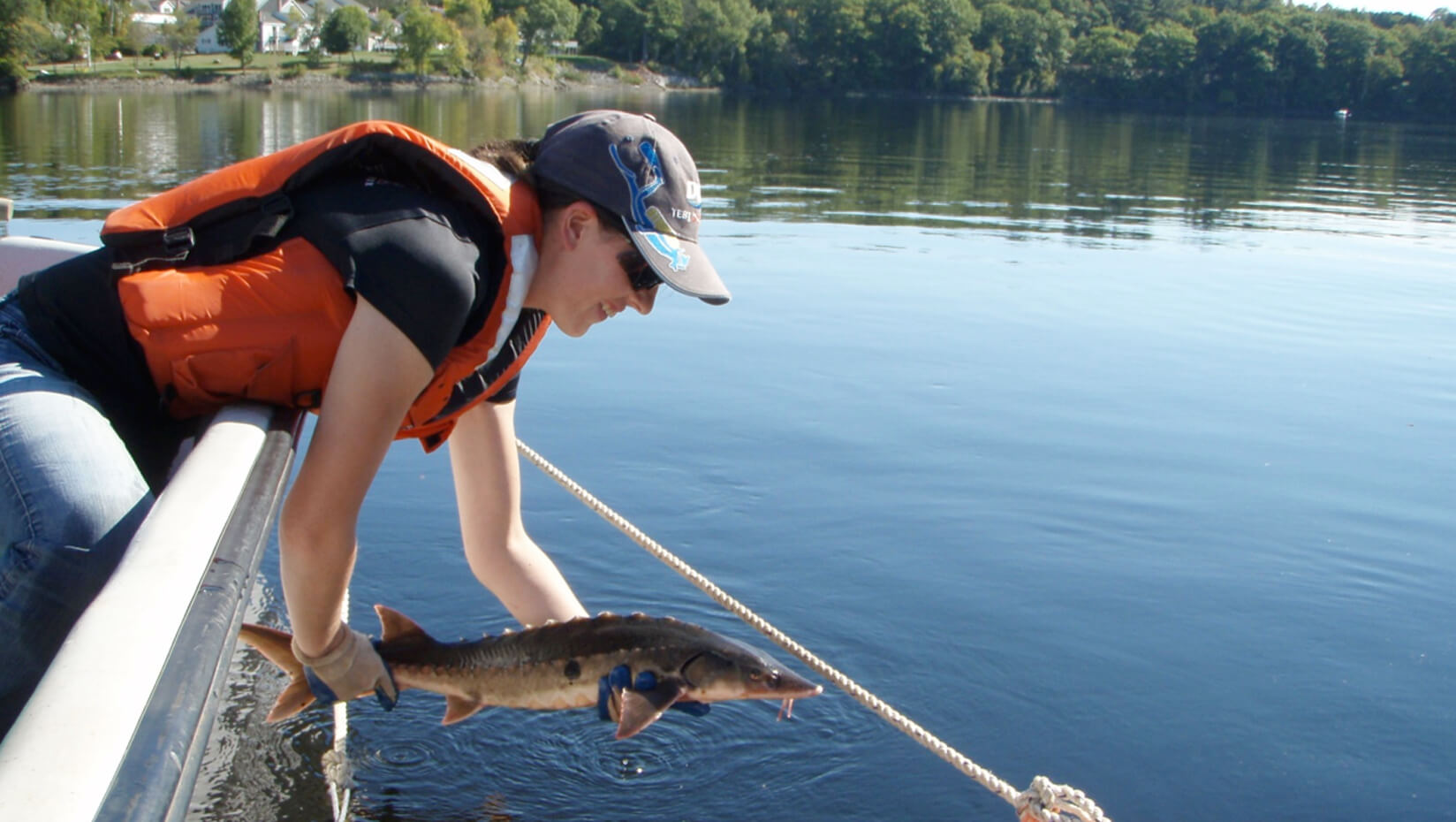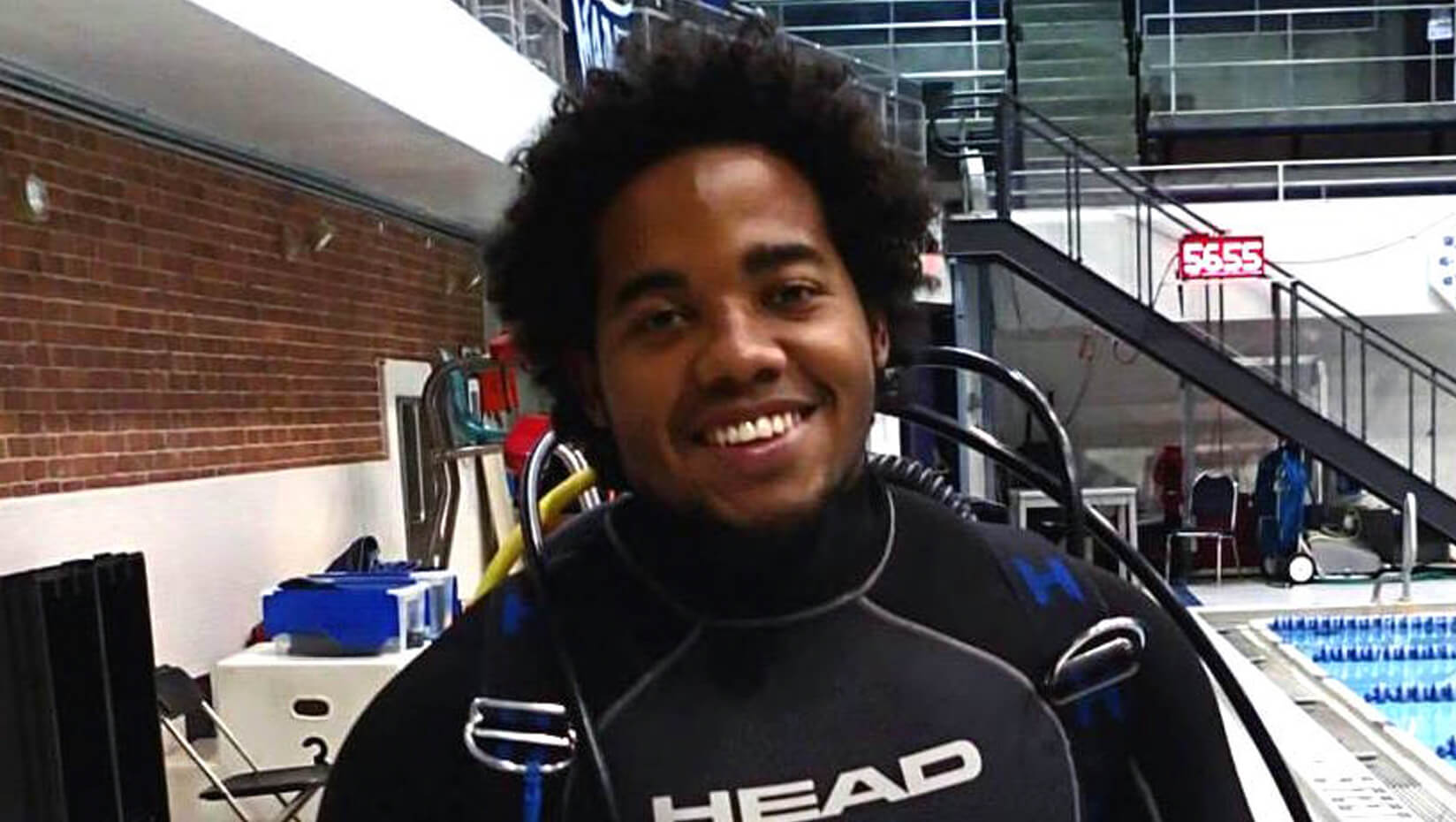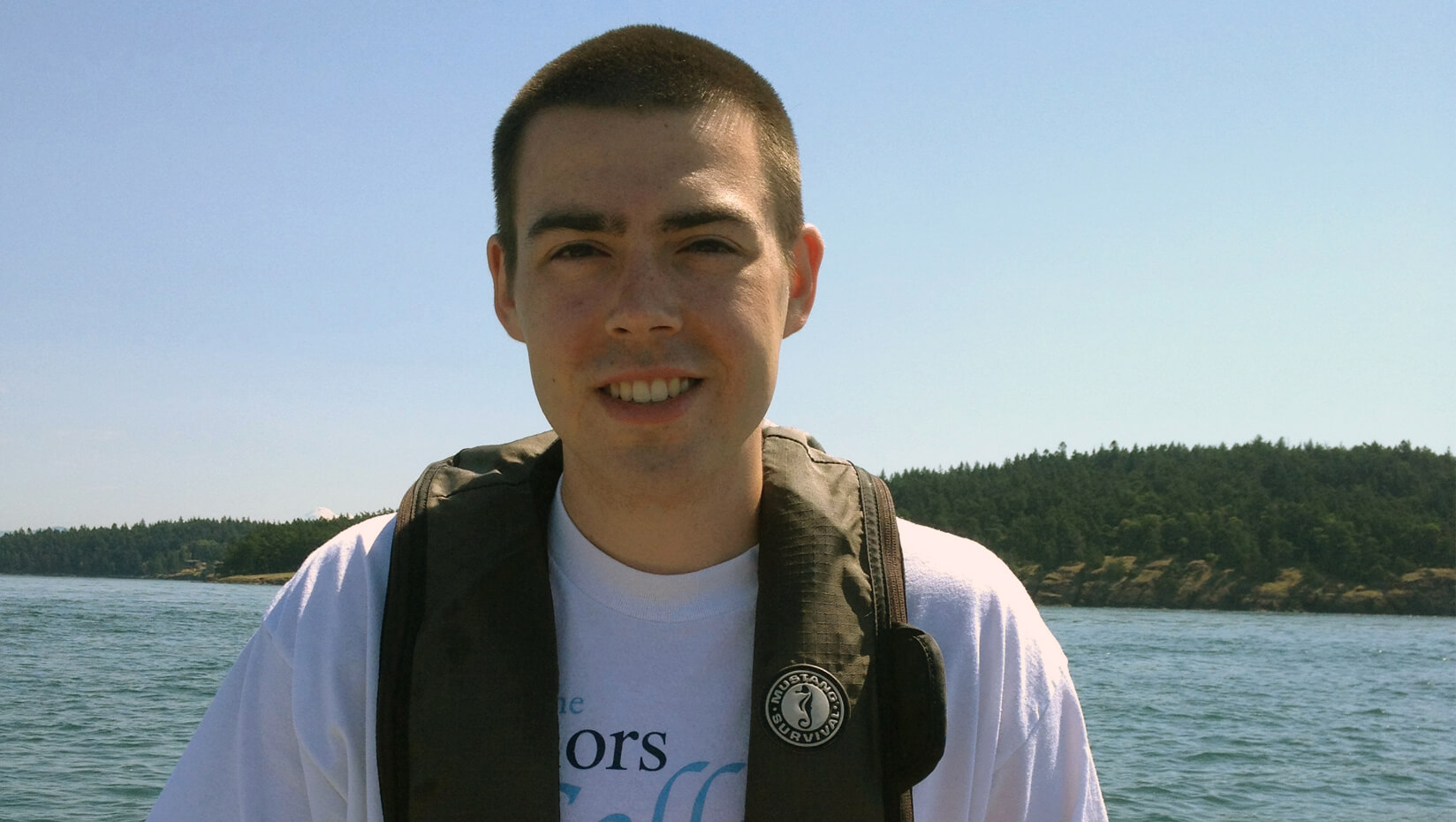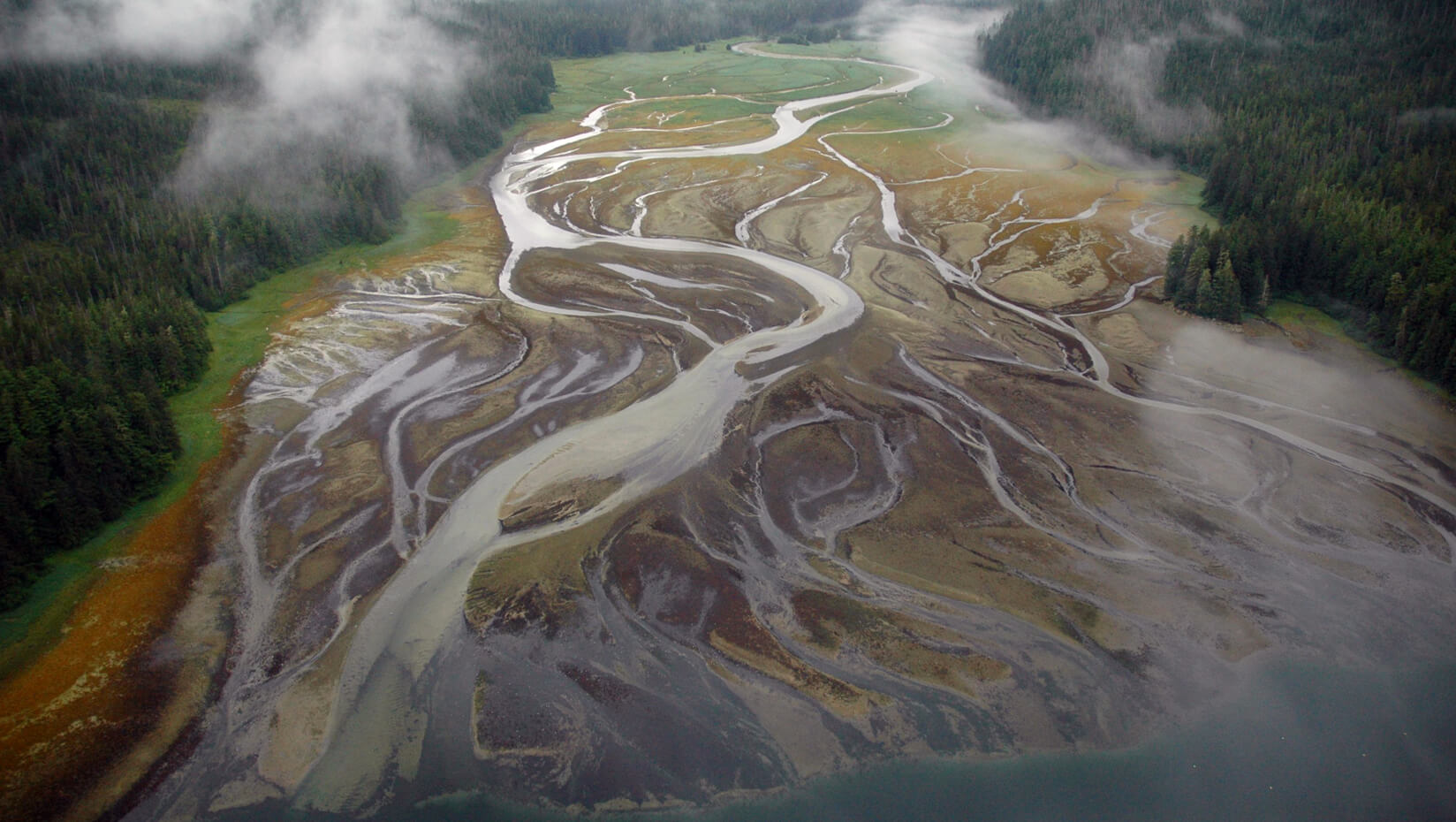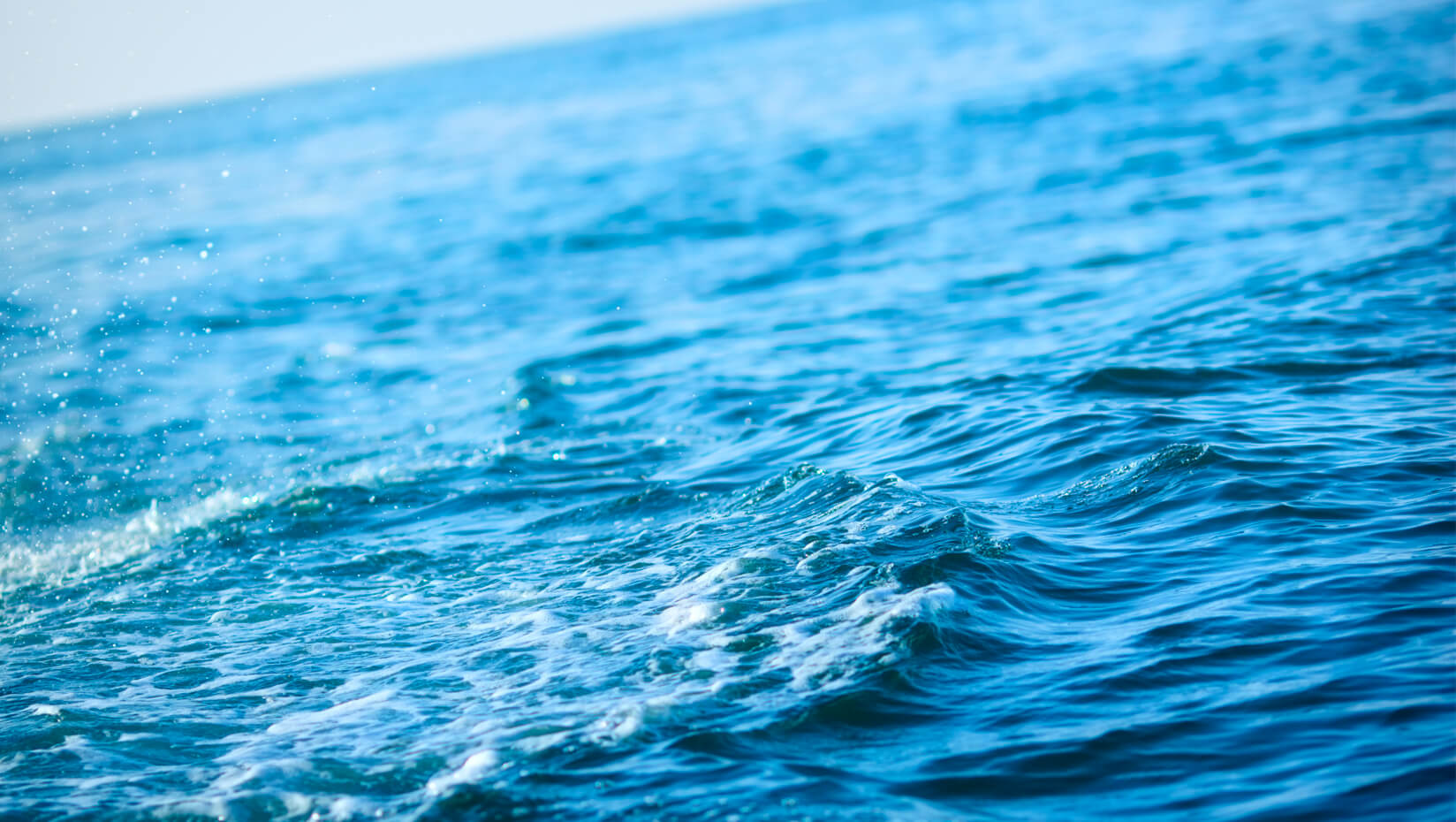After more than a century, endangered shortnose sturgeon find historic habitat post dam removal
Endangered shortnose sturgeon have rediscovered habitat in the Penobscot River that had been inaccessible to the species for more than 100 years prior to the removal of the Veazie Dam in 2013. University of Maine researchers confirmed evidence that three female shortnose sturgeon were in the area between Veazie and Orono in mid-October. Researchers had […]
Read more
